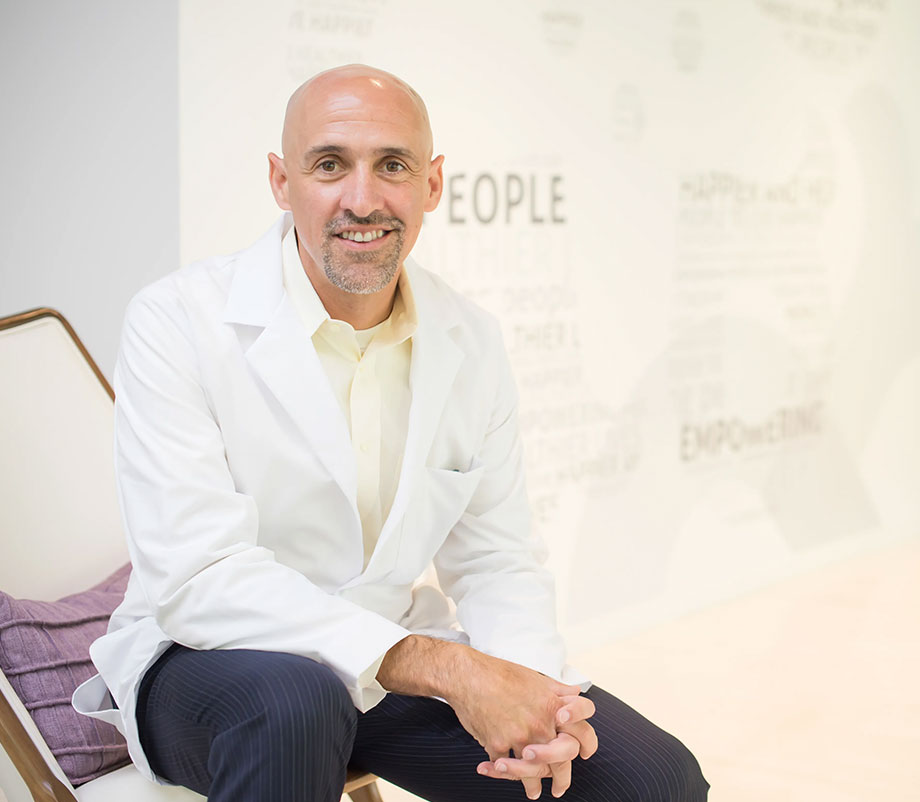Welcome to the Best Future You!
Nutrition is the most direct and impactful way to fuel BOTH the body and the mind.
That means that strategies like mindfulness, brain-training, and meditation have limited impact without optimized lifestyle practices and targeted nutrition.
The new science of the Microbiome and Gut-Heart-Brain-Axis is fundamentally changing how we think about Mental Wellness, Physical Performance, and every aspect of Human Health.
BestFutureYou.com is your resource for cutting-edge solutions and techniques to maximize your Mental Fitness and your ability to become the best version of yourself to positively impact your world.
Join the Community - Subscribe Today
Receive our weekly newsletter (and a free webinar on improving your sleep) with helpful hints on how simple lifestyle changes and nutrition will help you build the best version of yourself!
Hi, I’m Shawn Talbott—PhD, CNS, LDN, FACSM, FACN, FAIS
As a “Psycho-Nutritionist,” I study the link between food and mood - and more specifically - the link between nutrients and biochemistry and psychology. As a multi-time Ironman triathlete and ultramarathoner with a Ph.D. in Nutritional Biochemistry, I have spent decades researching high-performance nutritional choices for personal reasons as well as for clients at the most elite levels of competition.
Thanks to recent technological breakthroughs, this nutrition foundation has expanded to unveil profound understandings and implications concerning your three brains (head, heart, and gut)
Across dozens of research studies involving over a thousand participants, we’ve learned how subtle nutrition choices can exponentially enhance both physical performance and mental fitness.
These findings enable us to improve literally every aspect of our daily lives - our mood, energy levels, mental focus, stress resilience, metabolism, sleep quality, and even the aging process itself. This “new science” provides us with “new tools” that we didn’t have access to just a few years ago - and enables us to become our best selves.
The Link Between Food and Mood
The link between food and mood, known as “Nutritional Psychology,” explores the relationship between nutrition and mental wellness. It involves the use of specific nutrients and dietary interventions to address various mental health conditions such as depression, stress, brain fog, anxiety, and ADHD. This empowering approach (which happens to be the most holistic approach to wellness yet) helps individuals create personalized diets and lifestyle changes to improve their mental wellness and overall well-being.
One of my goals is to impart these science-based ‘best practices’ to you and create an army of ‘Certified Mental Wellness Coaches!’
Become a Certified Mental Wellness Coach (CMWC)
Would you like to earn a comfortable living while experiencing the satisfaction of helping and inspiring others? Be part of the solution for a growing need for mental wellness.
Visit My Blog
I like to “learn” and teach myself through research and reading - but also through writing. The research helps me answer my own questions. Writing about those answers helps me make connections and gain perspective. On my blog, I share my findings with you so that you, too, can find answers to your questions about the critical role of nutrition in our lives - especially as it relates to physical performance and mental fitness.



